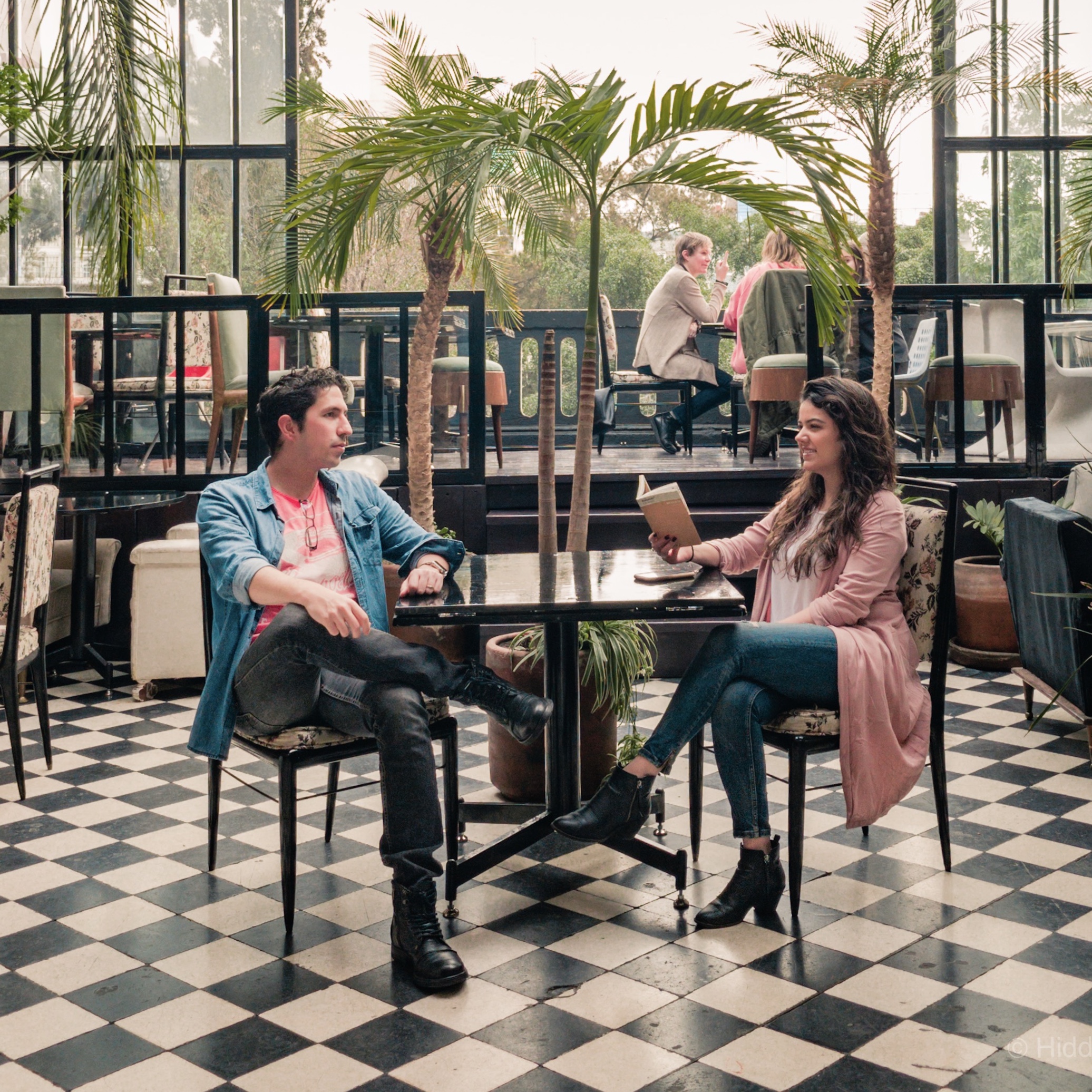
I love telling the story about how my oldest brother was never robbed in Mexico, but got his bag stolen at a Starbucks in Vancouver, Canada. Let’s face it, insecurity is everywhere. It’s all about looking after ourselves and being cautious.
If you are unlucky, the things you might face during your trip to Mexico are mainly scams, which are utterly annoying, but non-threatening. Here are some examples, so you don’t fall for them and stay safe:
- Bill switching
Always pay attention when giving money to someone. Opportunists will try to take advantage of your inexperience with our currency and will make you think you gave the wrong bill. Or worse, they’ll turn around and switch the bill you just gave them. This happens particularly with $50 (cincuenta pesos) and $500 (quinientos pesos) bills.
- Street ATM’s
Never take cash out of the ATM’s on the street; they can be easily tampered to obtain your information. It is better to go to the bank’s ATM (open 24hrs). Also, it may be obvious, but under no circumstance accept help from a stranger.
- Scam calls
It rarely happens to tourists, but it’s a very common practice in Mexico. We’ve gotten calls regularly from people saying they have our daughter or son kidnapped and want money in return, with an actual child screaming on the back imploring the ‘kidnappers’ not to hurt them.
We laugh about it because a) we don’t have kids, and b) we know the drill. But your family doesn’t, so please let them know about this scam, in case someone gets hold of your phone. And never give out your personal information or the name of the hotel you are staying at. The less details they have, the less you become a target.
- The crying lady
Every now and then, there’s a trend of crying ladies roaming around the streets asking for money to buy medicine for their child, or saying the just got robbed and need money to get home. You can usually tell they’re lying from their poor acting skills. Don’t engage with them and move on. Never pull out your wallet or you just might get robbed.
The one’s that truly need the money, are usually indigenous people who just extend their arm and ask for money to eat.
- Pocket Change
The key is to never pull out your wallet and let people see how much money you are carrying. Keeping change in hand is useful if you want to give a poor kid a coin, or if you want to buy something on the street, like potato chips, water or a small Mexican craft.
- Taxi rides
Make sure you negotiate the price before getting in. If it has a taximeter, make sure it’s near the rear-view mirror, where you can see it, and that he sets it to the initial fee when you get in. It depends on the type of taxi, but the inicial fee (banderazo, in Spanish) should never be above $27mxn.
- Car rental
We’ve heard stories about companies blaming pre-existent scratches on clients. Our advice is to videotape the whole car, making sure to capture every single scratch and the tires and interiors conditions, while the company does the check list with you. Also make sure to verify that the spare tire and tools are on the trunk.
- Gas station pumps
There’s no self-service, so make sure that the pump marks ‘zeros’ before they serve you. They’ll also ask you to open your hood to check that the car levels are fine. If you want them to, step outside of the car and verify what they are doing.
- Credit card cloning
When paying with credit card, always ask them to bring the terminal to you. If they can’t, go to the cash register with them and keep your eyes on the card. This type of cloning happens especially at gas stations, so be more careful there.
- Mandatory tipping
It is fairly common for bars or restaurants to add the tip to your bill. Although the waiters appreciate a 10-15%, it isn’t compulsory and it’s against the law to add it without your authorization. If it happens and they are not willing to change it, tell them you will send a picture to PROFECO (institute that overlooks consumer’s rights); that will scare them.
- Pickpocketing
It is not as common as in Barcelona, but it happens regularly. Men, keep your wallet in your front pockets. Women, keep your bags closed. And in crowded places, carry your backpacks in front of you.
- Cell phone usage
Remember you are in a low-income country, so cell phones get robbed constantly. Be discreet while using it and try not to take it out in crowded places, such as markets or busy streets.
- Free gifts and services
It’s not technically a scam, but it’s deceiving. In Mexico City it is common for people in parks to hand you a ‘free’ rose, but then ask for a tip and follow you until you give them something. If you don’t want to, just give the rose back.
This also goes for the people that storm out of nowhere on a stoplight to clean your windshield or ‘help’ you park on the street. They hardly take no for an answer and then wait for a tip. If you rent a car, keep some coins in the cup holders in case you want to compensate them. Never take out your wallet; it’s better to be on the safe side.
So, is it safe to travel to Mexico? Absolutely. As long as you use your common sense and never disregard your instincts, like you would in any foreign country. Our best tip is: if you don’t feel safe in that place, go elsewhere.
How do you stay safe while traveling? Have you encountered any of these problems during your trips to Mexico?

